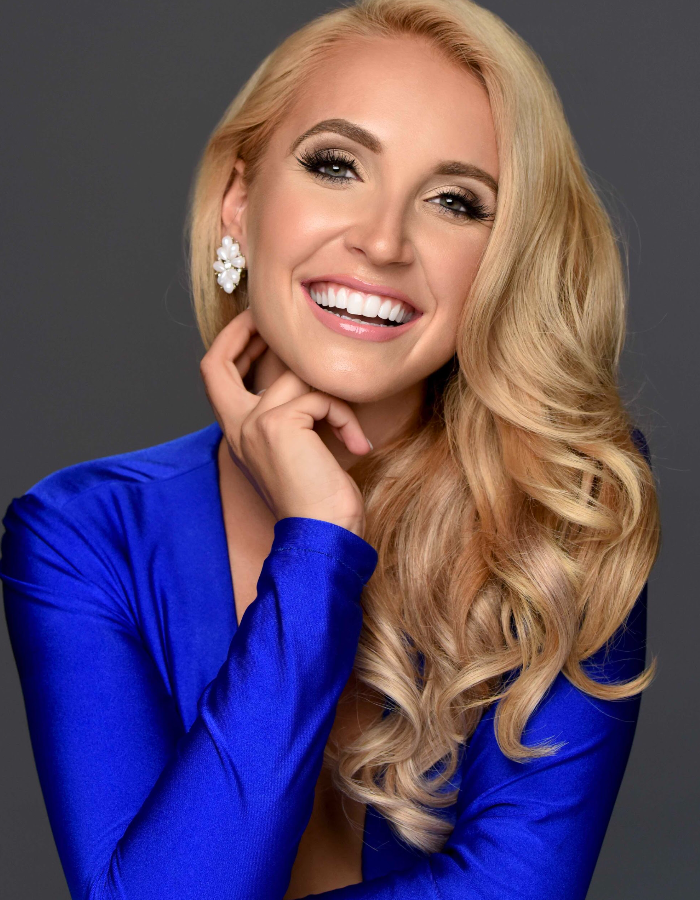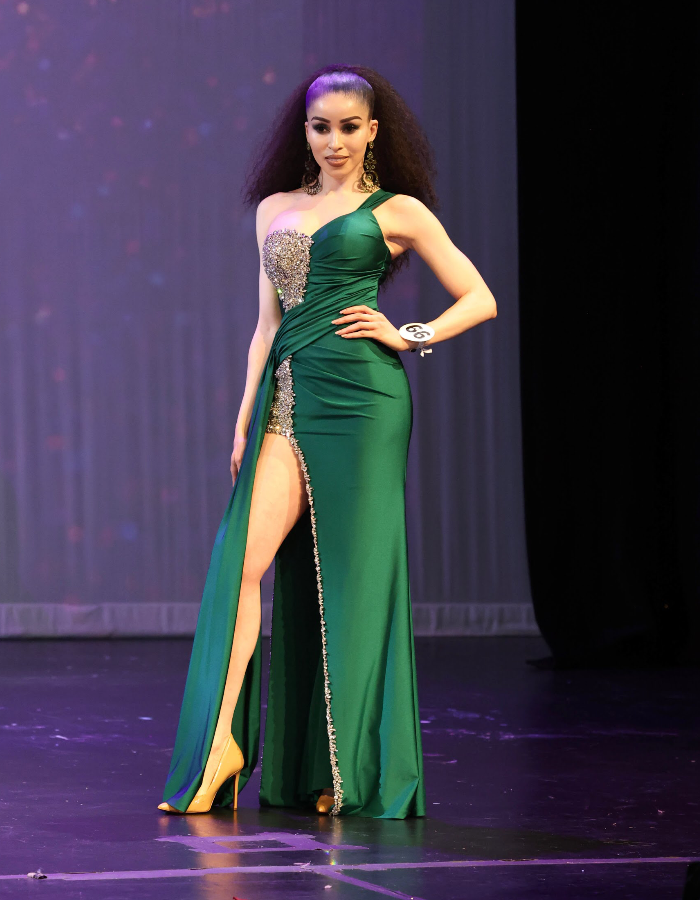By Beth Rush
Many people see beauty pageants as opportunities for women to boost their self-confidence. However, for many others, they can perpetuate unhealthy ideals. As the world strives for diversity and inclusivity, some standards are yet to evolve. Here’s what society has witnessed in the beauty pageant industry for years, and what you can hope for in 2024.
Outdated Rules in Today’s World
Every year, millions of women join thousands of pageants across the world. Generally, candidates are judged on their intelligence and physical appearance. However, recent years have seen organizers emphasize contestants’ cultural and social awareness, and how they can bring positive change to the world.
Despite notable shifts in the judging criteria, most of the requirements for joining the competitions have remained unchanged. Here’s what the top four international pageants are looking for:
- Miss International: Contestants must be 19 to 30 years old, single, never married, nor given birth to a child.
- Miss World: Qualifications vary slightly by country, but Miss World USA beauty contestants must be females 17 to 26 years old, unmarried, not pregnant, and must remain single during their reign.
- Miss Earth: Women must be single and never married, be a minimum height of 5 feet 4 inches tall, and have a beautiful face with a proportionate body structure.
- Miss Universe: All women over the age of 18 and are eligible to compete in Miss Universe and its associated pageants in various countries. Women may have children and can also be married. Applicants must apply through the national director of their corresponding country. In the U.S., potential candidates must first qualify for the Miss USA pageant.
Some United States pageants require the following standards:
- Miss America: A candidate must win a local pageant before competing to represent her state. They must be 18 to 28 years old, a U.S. citizen, single, and have no legal dependents.
- USA National Miss: A participant must be a natural-born female who has never been married, pregnant, or had a child. She must have never posed nude in any form of media.

The Real Deal
Of all these criteria, what seems to be the most important one is that candidates should be thin and stereotypically beautiful. Although Miss Universe has no height or measurement requirements, contestants generally fall below the average standard body mass index for women. And while standards seem to be slowly evolving, pageants that continue to exclude mothers seem to imply that women who have given birth are somehow diminished in beauty, and those who are not single are unattractive.
Some Pageants Have Yet to Embrace Change
Many beauty contests are reticent to expand requirements to be inclusive of evolving social norms. For instance, organizers of Miss Italy defended their rule to ban transgender contestants from participating.
“Currently, the competition is open to candidates of ‘female sex since birth,’” said Patrizia Mirigliani, daughter of Miss Italy’s former head Enzo Mirigliani. The organizers also said they can adapt to the times, but the idea of trans women joining the competition isn’t a priority.
Additionally, Miss Ukraine 2018 and women’s rights activist Veronika Didusenko was disqualified four days after being crowned because she was a single mother. She fought the against the unfair standards through the global initiative #RightToBeAMother — a campaign against the discriminatory practices of major beauty contests.
How the Miss Universe Organization Redefined Beauty
While pageants still have a long way to go in dismantling beauty norms, there are signs of progress. In 2012, the Miss Universe Organization lifted the ban on transgender contestants, with Miss Universe Spain 2018 Ángela Ponce being the first trans contestant. As of writing, it remains the only major international pageant that allows transgender candidates.
In October 2022, Thai entrepreneur, transgender woman, and transgender rights advocate Anne Jakapong Jakrajutatip purchased the organization for $20 million, making her the first woman owner in history. Under her ownership, the contest revised its rules to embrace inclusivity.
During the same year, married people, mothers, and divorcees could join the competition, scrapping a 70-year-old rule barring women with families from participating. The Miss Universe organization also announced that all ages 18 and above are now allowed to compete, starting in 2024.
While many individuals celebrate this progress, some find it more proper to retain the age requirements.
“Like other leadership or internship programs, I believe pageants should be used as programs to develop, train, and prepare young women — not a career path. Being Miss “State” or “Nation” shouldn’t be the end goal, but a precursor and launching pad to whatever that young woman wants to go on and pursue. Having an age limit maintains that goal,” says Alissa Musto, Miss Massachusetts 2016 and a Top 5 contestant at Miss World America 2020.
Women Who Redefined the Beauty Standards
With Miss Universe placing inclusivity at the forefront, here are some candidates who challenged the beauty-queen standards:
- Miss Netherlands Rikkie Valerie Kollé: The transgender woman and LGBTQIA+ rights activist joined the competition in 2023.
- Miss Portugal Marina Machete: She became the first transgender woman from Portugal to participate in Miss Universe 2023.
- Miss Guatemala Michelle Cohn: She was among the first married women with children who joined the pageant in 2023.
- Miss Colombia Camila Avella: The beauty queen became the first married woman and mother to place in the Top 5 in the Miss Universe competition last year.
- Miss Nepal Jane Dipika Garrett: As the first plus-size contestant to participate in an international beauty pageant competition in 2023, Miss Nepal’s appearance is a significant breakthrough that sparked conversations about body diversity to foster a more inclusive environment in the pageant industry.
- Miss France 2024 Eve Gilles: The beauty queen captivated France with her short pixie haircut, becoming the first contestant with short hair to win the competition.

Pushing Boundaries But Stalling in Progress
During an increased era of body positivity and inclusivity, Miss Universe 2021 — which took place in Israel — had the lowest viewership ever in history in the U.S. with only 2.7 million viewers. Claims of rigged contests, suspensions, and preferential treatment also emerged.
Last year, six contestants in the Miss Universe Indonesia pageant filed complaints over inappropriate physical examinations. Contestants from Sweden, Kazakhstan, and Israel withdrew from the competition due to a lack of local interest, and the former Miss Israel Sivan Klein said the “beauty queen contest is buried.”
The Impact of Pageants on Beauty Queens
Despite issues surrounding major international competitions, many contestants and previous winners still believe in the transformative power of pageantry. For Ngozi Onwuchekwa — who placed fourth in the Mrs. Universe contest and took home the Exceptional Lady crown — her reign enabled her to uplift suffering women. The beauty queen was diagnosed with stage three rhabdomyosarcoma at 42, underwent intensive chemotherapy and just three years later graced the stage of the Mrs. Universe pageant. Onwuchekwa serves as an example of resilience and strength for women around the world.
“Through my voice and visibility, I aim to motivate those struggling with illness, disability, discrimination, or other obstacles to live boldly. My story proves it’s never too late to turn your struggles into triumphs,” said Onwuchekwa.
Where Are Beauty Pageants Heading?
While these changes in criteria have certainly begun to pave the way for a more progressive era in the pageant industry, many competitions have remained homogenous and are based on antiquated ideals of beauty. As our society begins to demand more inclusivity, pageants can be expected to adapt further to changing norms, fostering an environment where women can truly feel empowered to embrace their authentic selves and the beauty that lies within.






